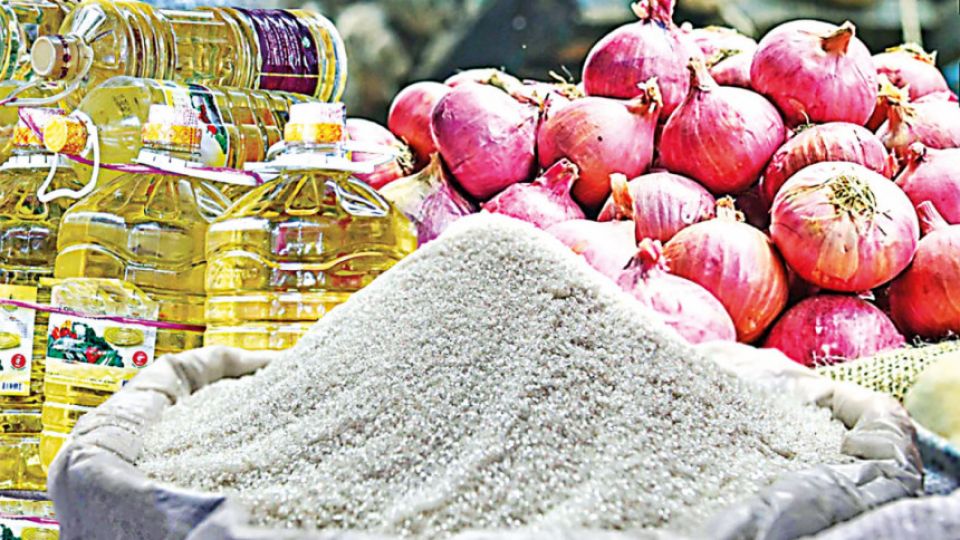April 11, 2022
DHAKA – Experts yesterday called for cracking down on syndicates of traders who hike the prices of essentials during Ramadan like clockwork every year by manufacturing a crisis.

There should be valid reasons behind the price hike, which is not the case in Bangladesh, said SM Zulfiqar Ali, a senior research fellow at the Bangladesh Institute of Development Studies.
“It’s natural that if the supply increases the price decreases, but in our country, it doesn’t happen sometimes.”
The government could not take any authoritarian step as the businessmen are influencing the government, he said at a webinar styled “Poverty situation in cities-villages and food price hike” organised by Right to Food Bangladesh.
To buck the trend, it is necessary to stop the business syndicates, extortion in transportation and corruption, said speakers at the webinar.
It is not possible to control such a big market by only enacting laws and rules, said Qazi Kholiquzzaman Ahmad, chairman of Palli Karma Sahayak Foundation.
“On one hand, we want a free market economy, on the other hand, we want to control the market. We need to decide what we want to control and what not,” he added.
A middle-income country cannot have weak market management, said Khondaker Golam Moazzem, research director of the Centre for Policy Dialogue.
“A competitive market or a competitive price structure is absent here,” he said.
A well-planned, transparent and accountable supply chain is needed as well as an empowered competition commission, consumers’ rights commission and safe food authorities to address the weak market management symptoms.
“We do not have the factual inflation data. If we don’t reduce the data inconsistency, it will not be possible to take proper steps,” said Sayema Haque Bidisha, a professor at the University of Dhaka’s economics department.
The price level has increased 28.07 percent in the last five years, said Mohosin Ali, general secretary of Right to Food Bangladesh, while presenting the keynote paper.
It would be possible to reduce poverty by reducing the income gap between the cities and villages as well as the regional inequality.


